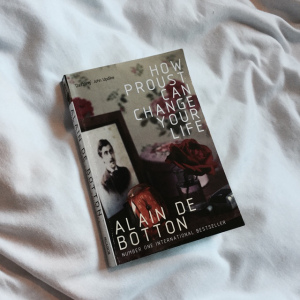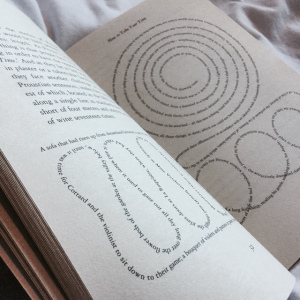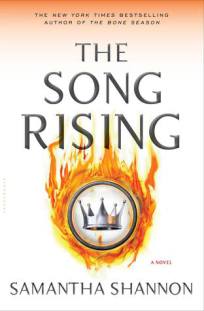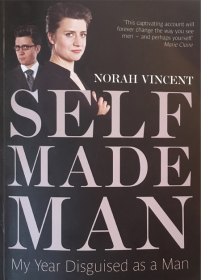
Published in 1997 by Picador
Author: Alain de Botton
Format: Paperback
Genre: Philosophy/Non-fiction/Essays
Pages: 215
Star rating: ⭐️⭐️⭐️⭐️
Opening line:
“There are few things humans are more dedicated to than unhappiness.”
Goodreads synopsis:
The starting point of How Proust Can Change Your Life is that a great novel can be nothing less than life-transforming. This is an unusual claim: our education system, while stressing that novels are highly worthwhile, rarely investigates why this is so. How Proust Can Change Your Life takes Marcel Proust’s In Search of Lost Time as the basis for a sustained investigation into the power and significance of literature. Proust’s novel, almost a byword for obscurity and irrelevance, emerges as an invaluable source of insight into the workings of love, society, art and the meaning of existence.
The book reveals Proust’s thoughts on how to revive a relationship, choose a good doctor, enjoy a holiday, make friends and respond to insult. A vivid portrait of the eccentric yet deeply sympathetic author is built up out of extracts from his letters, essays and fiction and is combined with a commentary on the power of literature to change our lives. A self-help book like few others.
My reviewMy reading of this book is only from having read Essays in Love by the same author. It was a book I really enjoyed, and I wanted to explore more of the author’s writing. That was when I found this book in my local Fopp (a really good place for books).
I’ve never read Proust, only heard of him. I’ve never wanted to seek his writing out, but after reading this book I don’t feel like I need to. de Botton has done all the work for me, and presented his writings within essay-like chapters which extract life-lessons that we can learn from. There’s a mix of Proust’s writing, his views on life, and his friends’ opinion of him.
When looking at the contents page, this book appears to be a self-help guide to life, through the literature of Proust. You’ll learn how to ‘love life today’; ‘Read for Yourself’; Express Your Emotions’; ‘Be a Good Friend’; and ‘Put Books Down’, among many other things.
I didn’t expect as much of Proust’s writing to be in this book as there is. de Botton treats us to extracts on almost every page, and other times there are pictures and illustrations to accompany the writing and the points that are being made towards the specific chapter’s lesson. We also learn about Proust’s life and what his writing was like, and this is interesting to someone like me who has never accessed his writing or wanted to. I’m a bit relieved! de Botton quotes Proust’s brother, Robert, as saying:
‘The sad thing is that people have to be very ill or have broken a leg in order to have the opportunity to read In Search of Lost Time.’
page 32

We are then treated to an incredibly long sentence (which goes all over the following page in swirls and circles) written by Proust, as an example of just how lengthy Proust’s sentences could get. This is probably not news to anyone, but it was to me when I read this book.
There are many wonderful insights in this book, and de Botton’s dedication to Proust in his writing of this book is admirable. There’s the sense of exploring various areas of life, through the views and writing of this one man. I would like to question why should it be Proust that can change my life, but this book simply makes me want to accept the lessons that can be learnt if we study such writers.
I did learn many things here, and had thoughts that will stick with me. My outlook undoubtedly has altered, but I think this happens with most books we read: we are changed after reading them, because we’ve been on a journey. But the purpose of this book (at least going by the title alone) is to learn from it, and to explore and consider life, whilst learning about Proust’s. We have insights here that go further than those we can find in fictional novels, after reading it I felt like I knew life a little better, and that I’d had the experience of reading more than one author.
It’s a fulfilling book with many life-lessons, and it’s worth reading it with a pencil by your side so you can capture those precious lessons as they are told. I recommend this to anyone who has never read Proust, anyone who has read Proust and wants to delve deeper underneath the surface, or simply anyone who wants to view life differently, and learn through literature.
I’ll be publishing a separate post with my favourite quotes, many of which contain the lessons of each chapter.
Link to the book on Goodreads: How Proust Can Change Your Life
Advertisements Share this:




